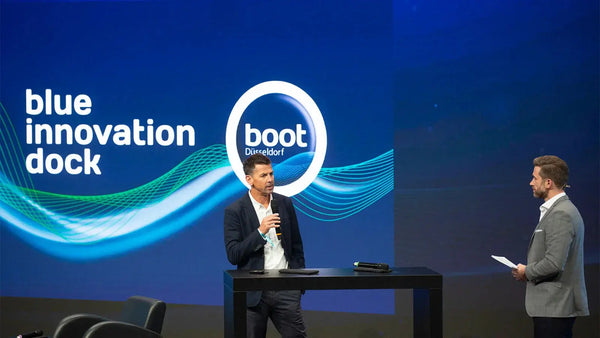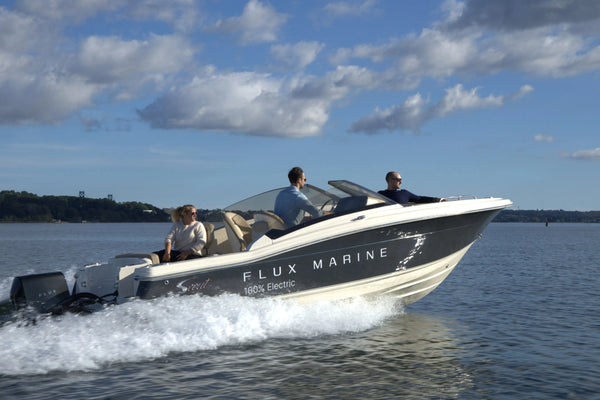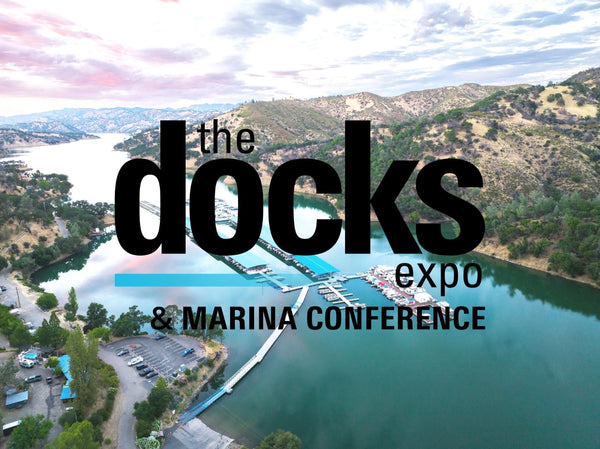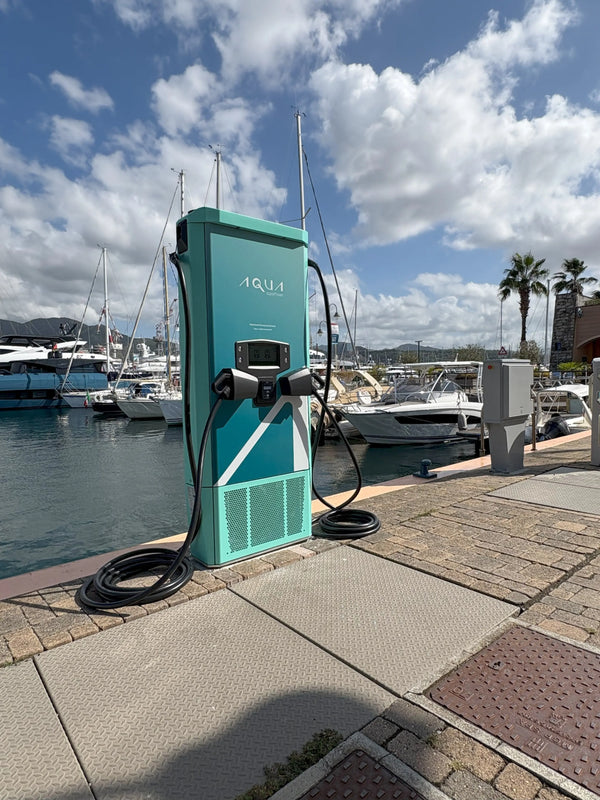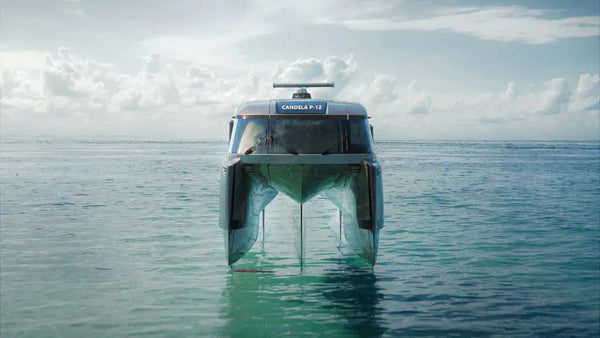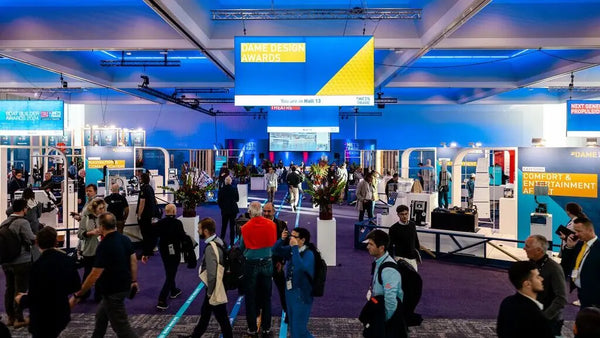
Can electric boats save owners money?
Charged Marine StaffYes, electric boats can save owners money over time, mainly through much lower fuel and maintenance costs compared to gas-powered boats.
While electric boats generally have a higher upfront cost, annual operating expenses are typically 75-80% lower than those of gas or diesel boats.
-
Annual fuel/energy costs: Electric boats typically cost $800-$1,200 per season for charging, while gas boats can cost $4,000-$6,000 or more for fuel.
-
Maintenance costs: Electric motors require less frequent service, with average annual maintenance around $200-$400, versus $1,500-$2,000 for gas engines, plus costs for winterization that electric boats avoid.
-
Long-term savings: Owners can save $5,000–$7,200 each year, recouping the initial higher investment within 5–7 years depending on usage. Over five years, electric boat users can save nearly $10,000 primarily from fuel and maintenance reductions.
Additional advantages include:
-
Predictable and lower energy costs: Electricity prices fluctuate far less than gasoline, simplifying budgeting for boat owners.
-
Fewer breakdowns: Electric motors have fewer moving parts, so they are less prone to expensive repairs.
-
Environmental incentives: Some regions offer tax credits or rebates for electric boat purchases, which further offset costs.
-
Longer lifespan: Electric motors are generally more durable as they do not undergo the same mechanical stresses as combustion engines.
However, electric boats may not be cost-effective for very long-distance travel due to battery range limitations, and the availability of charging infrastructure should be considered before purchase. Owners focused on short trips or with access to charging stations stand to benefit most from these savings.
In summary, despite the higher initial purchase price, electric boats provide substantial long-term savings for owners by reducing fuel and maintenance expenses, especially for those who use their boats regularly or operate in areas with supporting infrastructure.
